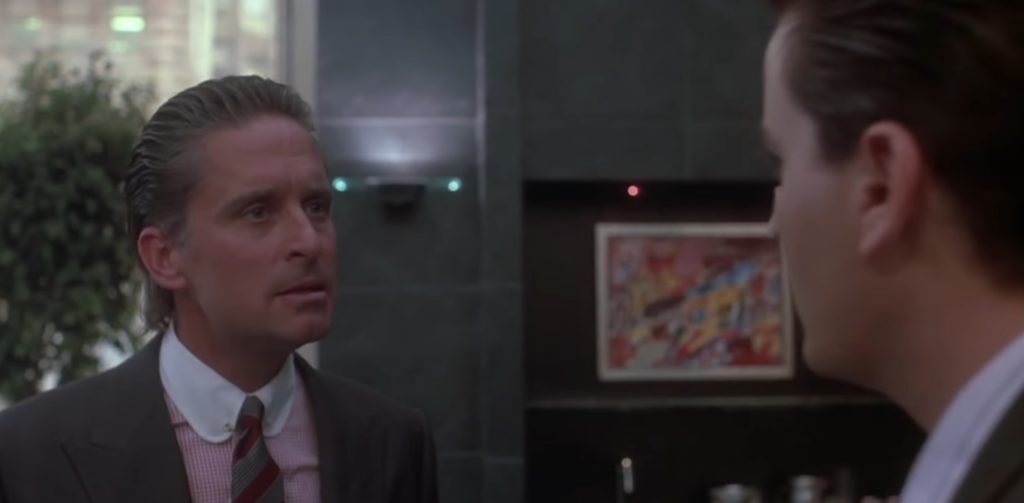If you’re not inside, you’re outside, OK?

The standards of the Wall Street Journal‘s news content and its editorial content are radically different because the mostly affluent people who pay to read it are fine with bullshit in political punditry but actually want the news (especially the business news) to be accurate.
On the afternoon of Feb. 24, President Trump declared on Twitter that the coronavirus was “very much under control” in the United States, one of numerous rosy statements that he and his advisers made at the time about the worsening epidemic. He even added an observation for investors: “Stock market starting to look very good to me!”
But hours earlier, senior members of the president’s economic team, privately addressing board members of the conservative Hoover Institution, were less confident. Tomas J. Philipson, a senior economic adviser to the president, told the group he could not yet estimate the effects of the virus on the American economy. To some in the group, the implication was that an outbreak could prove worse than Mr. Philipson and other Trump administration advisers were signaling in public at the time.
The next day, board members — many of them Republican donors — got another taste of government uncertainty from Larry Kudlow, the director of the National Economic Council. Hours after he had boasted on CNBC that the virus was contained in the United States and “it’s pretty close to airtight,” Mr. Kudlow delivered a more ambiguous private message. He asserted that the virus was “contained in the U.S., to date, but now we just don’t know,” according to a document describing the sessions obtained by The New York Times.
The document, written by a hedge fund consultant who attended the three-day gathering of Hoover’s board, was stark.“What struck me,” the consultant wrote, was that nearly every official he heard from raised the virus “as a point of concern, totally unprovoked.”
The consultant’s assessment quickly spread through parts of the investment world. U.S. stocks were already spiraling because of a warning from a federal public health official that the virus was likely to spread, but traders spotted the immediate significance: The president’s aides appeared to be giving wealthy party donors an early warning of a potentially impactful contagion at a time when Mr. Trump was publicly insisting that the threat was nonexistent.
Interviews with eight people who either received copies of the memo or were briefed on aspects of it as it spread among investors in New York and elsewhere provide a glimpse of how elite traders had access to information from the administration that helped them gain financial advantage during a chaotic three days when global markets were teetering.
A large number of people are going to die because Republicans continue to act as if something they know to be false is true, but at least they can make a lot of money with well-timed equities sales.
